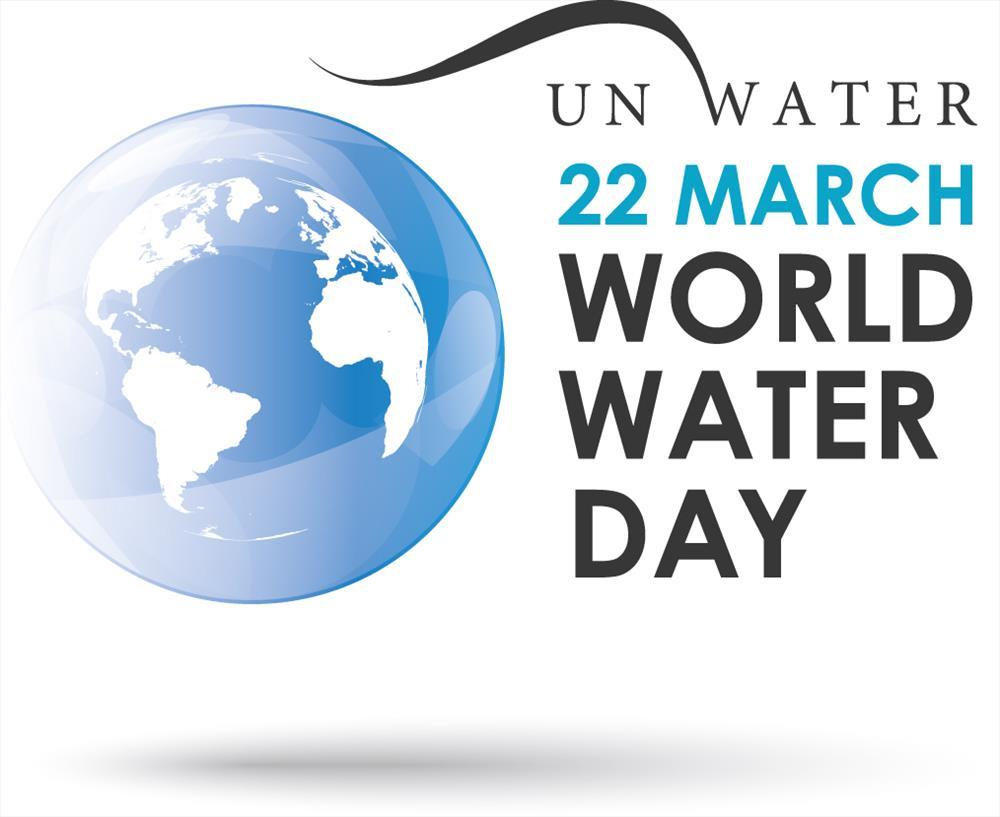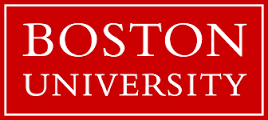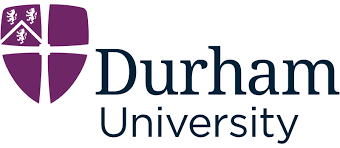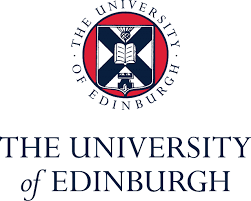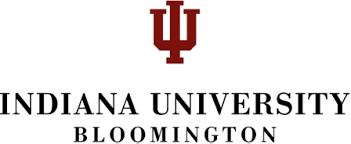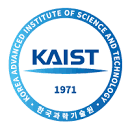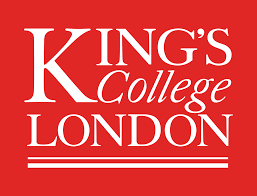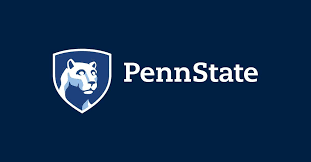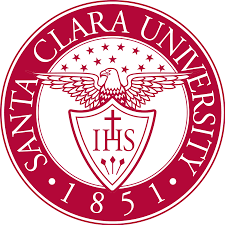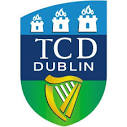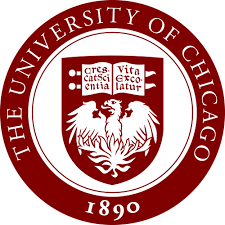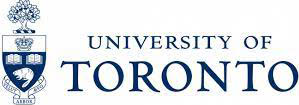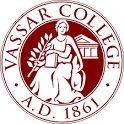
This past year has amplified the critical necessity of all citizens to understand the science connected to the challenges we face globally, as well as come up with creative solutions to address them. We also have seen and continue to see the power of scientists, young and old, coming together to make a difference.
Learners across the school at ISP build their understanding of sustainability as they develop their scientific literacy and explore the complexity of the current issues. Taking responsibility to find unique solutions, learners can make a difference now while developing a lifelong commitment to contribute to the urgent challenges we all face to ensure our world is viable for future generations.
“The list of most important issues of our time could serve as an Earth’s Owner’s Manual, a guide for difference makers. It could be used as a framework for schools to introduce young people to the issues of our time in a relevant way that allows them to start contributing right now.” – Vander Ark & Liebtag in Difference Making at the Heart of Learning
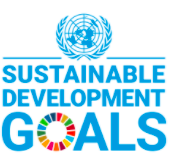
“The 2030 Agenda for Sustainable Development, adopted by all United Nations Member States, provides a shared blueprint for peace and prosperity for people and the planet . . . At its heart are the 17 Sustainable Development Goals (SDGs), which are an urgent call for action.” The following are a few glimpses of where ISP learners are currently deepening their understanding of and exploring solutions to the UN Sustainable Goals 6 and 13, both of which are water-related.
Elementary: The Cost of Clean Water
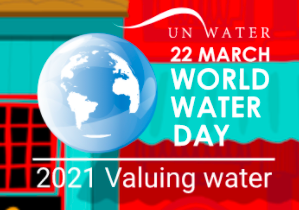
Grade 5’s current unit of inquiry focuses on our most precious natural resource, water, examining the environmental and equity challenges, as well as our social responsibility in this area.
As a lead up to the UN World Water Day on March 22, this week Grade 5 students were inquiring about the ways in which water is valuable to people, the economy, and the environment.
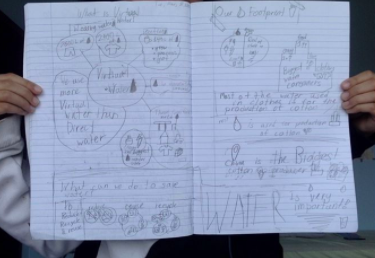
Please read more in Dr. Vega and Ms. Zalba’s Learning Story about how this inquiry is engaging and motivating students.
Upper School: Aquatic Food Production
Deepening their understanding of water issues by viewing their choice of a water documentary, these learners are now focusing their attention on aquatic food production by first examining oceanic productivity and supply & demand over time, then zeroing in on fishing practices and analyzing sustainable yield in different contexts.
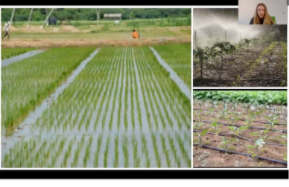
Learners knowing what they’re learning and why it is significant is a key ISP Learning Principle. Studying relevant and significant issues results in intrinsically motivated learners whose learning sticks and continues to deepen with increased complexity.
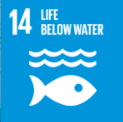
And it is through studying such significant topics that students are learning to problem find and problem solve, making a difference now and for the rest of their lives.
